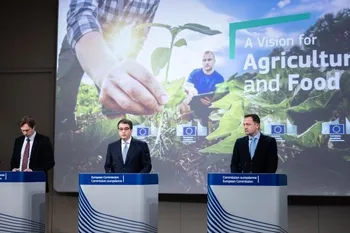In line with the objectives of the Circular Economy[1] and Zero Pollution Action Plan[2], as well as the Farm to Fork Strategy[3], the successful proposals will contribute to the development of sustainable bio-based products. Successful proposals will also contribute to the implementation of the EU Bioeconomy Strategy[4] and the updated EU Industrial Strategy[5].
Project results should contribute to the following expected outcomes:
- Novel, scalable and more sustainable biotech production routes for bio-based and non-animal-derived chemicals and/or materials replacing animal-derived ones.
- Performance(s) of bio-based chemicals and/or materials meeting end users' requirements for final products.
- Availability of safe and sustainable by design bio-based products.
- Positive socio-economic impacts along the value chain, from feedstock suppliers to chemicals and materials producers to end users.
- Social acceptance of circular bio-based solutions and products.
Several industries (examples being in, cosmetics ingredients, but also in textile, leather, chemical and material production) utilise animal-derived raw materials as a basis to produce a wide range of products. Examples include hormones, amino acids/peptides, animal oils and fats, fibres, casein, collagen, bone, blood, feathers, leather, etc. Animal derivatives are often characterised by a variable composition and pose sustainability issues due to land use for feed and animal breeding and related environmental footprint but also the animal
...






